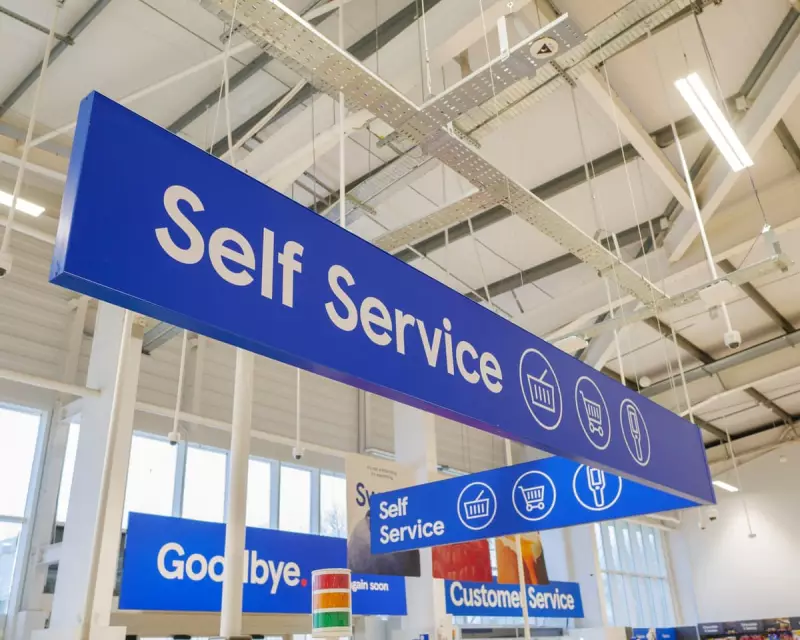
Imagine a world where your morning coffee is prepared by a silent machine that remembers your exact preference, your commute is spent immersed in personalised digital content, and your workday involves minimal, if any, spoken conversation with colleagues. This is not a scene from science fiction; it is the rapidly emerging reality of modern Britain.
The Rise of the Non-Talkative Economy
A profound behavioural shift is underway, driven by a convergence of artificial intelligence, sophisticated automation, and the lingering effects of pandemic-era habits. We are increasingly outsourcing daily interactions to technology, from self-service checkouts and app-based food delivery to AI-powered customer service chatbots that never get tired or frustrated.
This transition offers undeniable convenience and efficiency. Tasks are completed faster, transactions are seamless, and the potential for human error or awkward social friction is significantly reduced. But this convenience comes at a cost that we are only beginning to comprehend.
The Psychological Cost of Convenience
Psychologists and sociologists are raising alarm bells about the unintended consequences of this new isolation. Casual, everyday interactions—a brief chat with a barista, asking a stranger for directions, joking with a shop assistant—are not merely filler; they are the subtle social glue that builds community cohesion and reinforces our sense of belonging.
These micro-interactions are fundamental to developing and practising empathy, reading social cues, and building casual trust within a community. As we design these experiences out of our lives, we risk creating an environment where social muscles atrophy, potentially leading to increased feelings of loneliness and social anxiety.
A UK-Specific Phenomenon
This trend holds particular resonance in British society, often characterised by its reserved social etiquette. Technology provides a perfect excuse to retreat further into our shells, avoiding the perceived awkwardness of small talk. The question becomes: are we using technology to enhance our lives, or as a tool to completely avoid the messy, unpredictable nature of human connection?
The Path Forward: Conscious Connection
This does not mean we must abandon technological progress. The challenge is to become more mindful of how we integrate these tools into our lives. It is about striking a balance—embracing efficiency where it serves us while consciously creating and protecting opportunities for genuine, unscripted human engagement.
The future doesn't have to be silent. By recognising the value of spontaneous conversation and community interaction, we can harness technology without allowing it to erase the very human connections that give our lives richness and meaning. The choice between conversation and convenience is, ultimately, still ours to make.





